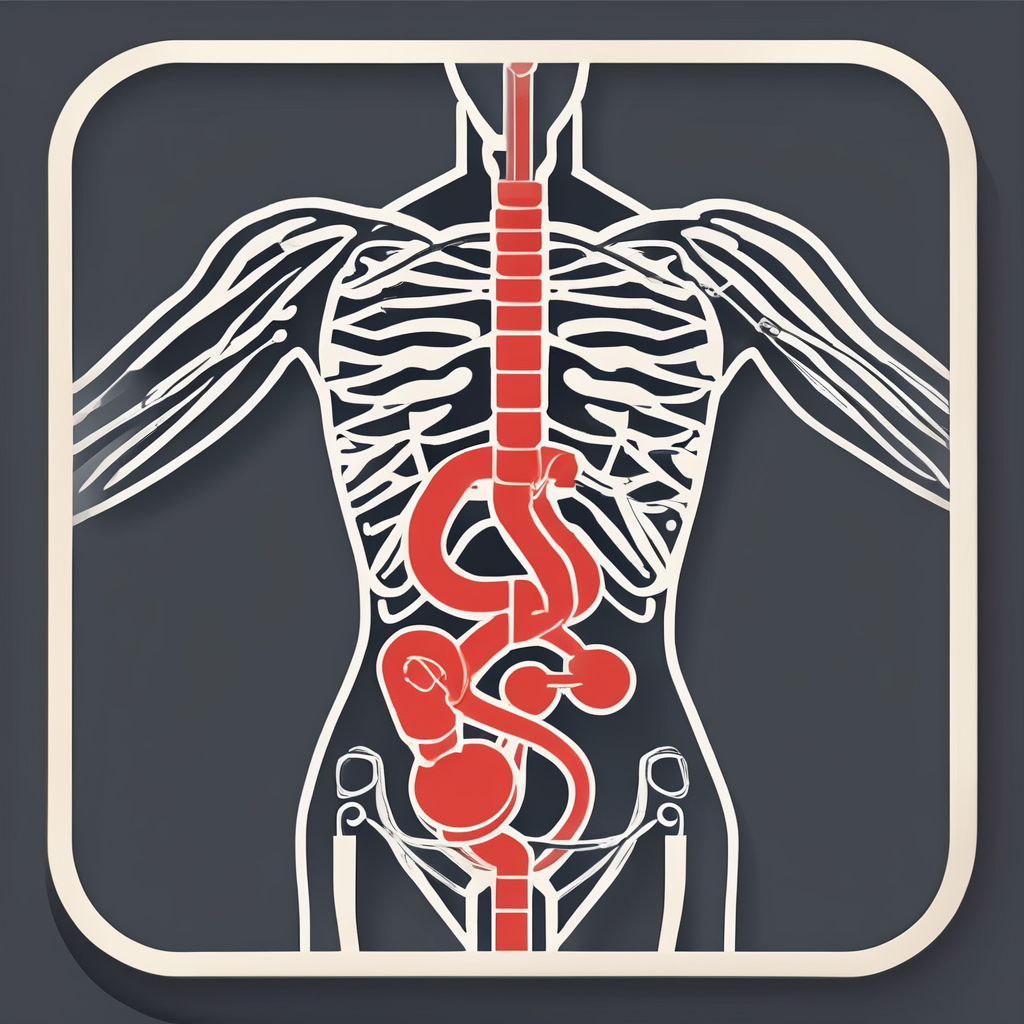Healthcare professionals in the UK are increasingly encountering patients with diverse linguistic backgrounds. This shift requires a dynamic approach to communication to ensure that all individuals receive the best possible care. Effective communication is not just about exchanging words; it involves understanding, empathy, and ensuring that the patient’s needs are met. When language barriers exist, the challenge is amplified. But how can health professionals surmount these challenges and provide effective patient care? This article explores strategies to enhance communication with patients who have language barriers, ensuring that no one feels alienated or misunderstood.
The Importance of Effective Communication in Healthcare
Effective communication forms the cornerstone of quality healthcare. It enables healthcare providers to deliver accurate diagnoses, prescribe appropriate treatments, and ensure patient safety. In a multicultural society like the UK, the ability to communicate with patients who speak different languages is crucial.
Also read : Exploring Cutting-Edge Strategies by UK Allergists for Managing Adult-Onset Asthma
When language barriers exist, crucial information about a patient’s health, symptoms, and concerns may be lost or misunderstood. This can lead to misdiagnoses, inappropriate treatments, and ultimately, a decline in patient trust and satisfaction. As healthcare professionals, you must recognize the critical role of communication in patient care.
Moreover, effective communication fosters a supportive environment where patients feel heard and understood. It helps to break down the cultural and linguistic barriers that might otherwise hinder the delivery of healthcare services. By prioritizing clear and empathetic communication, you can ensure that patients receive the care they deserve, regardless of their linguistic background.
Have you seen this : What are the latest guidelines for UK health professionals on administering vaccines in diverse populations?
Identifying and Overcoming Language Barriers
Language barriers in healthcare are more than just a difference in spoken language; they encompass cultural nuances, health literacy, and non-verbal communication styles. Identifying these barriers is the first step towards overcoming them.
In the UK, you may encounter patients who speak numerous languages, from Polish and Urdu to Mandarin and Arabic. It’s essential to identify the specific language needs of each patient. This can be done through pre-consultation questionnaires, patient records, or simply asking the patient directly.
Once identified, there are several strategies to overcome these barriers:
-
Using Professional Interpreters: Interpreters can provide accurate translations and bridge the communication gap. They help convey complex medical information, ensuring that both patient and provider are on the same page.
-
Language Training for Healthcare Staff: Basic language training or cultural competence workshops can equip staff with the skills needed to communicate more effectively with non-English speaking patients.
-
Technology Solutions: Utilize translation apps and services that offer real-time translations. However, always employ these with caution, ensuring accuracy and confidentiality.
By taking proactive steps to overcome language barriers, you can enhance the patient experience and improve healthcare outcomes.
The Role of Interpreters in Patient Care
Interpreters play an invaluable role in enhancing communication between healthcare providers and patients with language barriers. They act as a conduit through which medical information flows accurately and empathetically.
Incorporating interpreters into healthcare settings can:
-
Enhance Patient Understanding: Professional interpreters ensure that medical explanations are conveyed accurately, enabling patients to understand their conditions and treatments fully.
-
Reduce Miscommunication: By facilitating discussions, interpreters minimize the risk of miscommunication, which is paramount in avoiding medical errors.
-
Build Trust: Patients who see their providers investing in overcoming language barriers are more likely to trust the healthcare system.
However, it’s crucial to select appropriately trained interpreters who are familiar with medical terminology and cultural sensitivities. Additionally, confidentiality must be maintained, with interpreters adhering to the same ethical standards as healthcare providers.
By integrating interpreters into patient care, you can ensure that all patients receive equitable access to health services, irrespective of their language proficiency.
Developing a Culturally Competent Healthcare Environment
Cultural competence involves understanding and respecting diverse cultural backgrounds, beliefs, and practices. It’s about creating a healthcare environment that values and integrates these differences into patient care.
To cultivate a culturally competent healthcare environment:
-
Training and Education: Provide training for healthcare professionals on cultural competence, highlighting the significance of cultural sensitivity in patient interaction.
-
Patient-Centered Care: Focus on individualized care that respects the patient’s cultural background and preferences. Listening and adapting treatment plans accordingly can significantly enhance patient satisfaction.
-
Community Engagement: Engage with local communities to understand their specific needs and challenges. This can inform better healthcare policies and practices.
Implementing these strategies ensures that all patients feel respected and understood, ultimately leading to better communication and improved healthcare outcomes.
In the diverse landscape of UK healthcare, bridging language barriers is not just a necessity but a moral imperative. By enhancing communication with patients who have language barriers, healthcare professionals can provide more effective and equitable care.
The journey towards improved communication involves recognizing the importance of effective dialogue, employing professional interpreters, and developing a culturally competent environment. By doing so, you can ensure that every patient, regardless of their linguistic background, receives the support and care they need to lead healthier lives.
Through dedication and proactive measures, the healthcare system can overcome language barriers, fostering a more inclusive and understanding environment for all.











